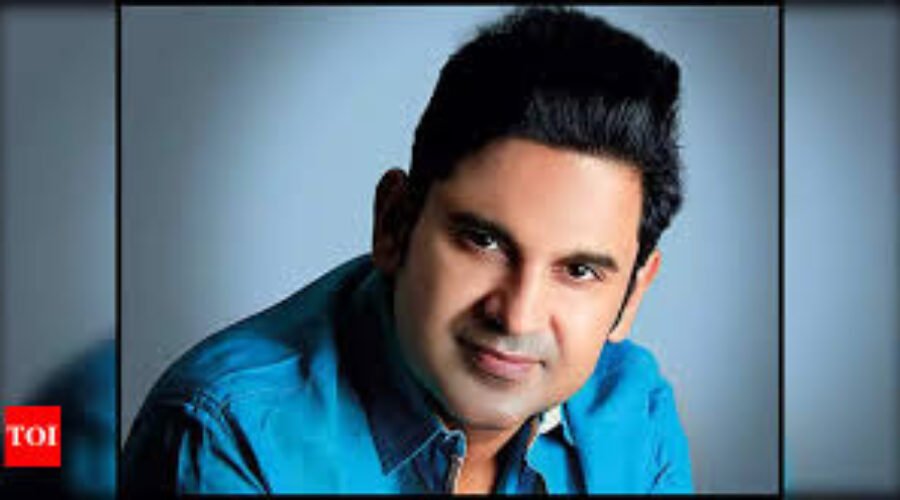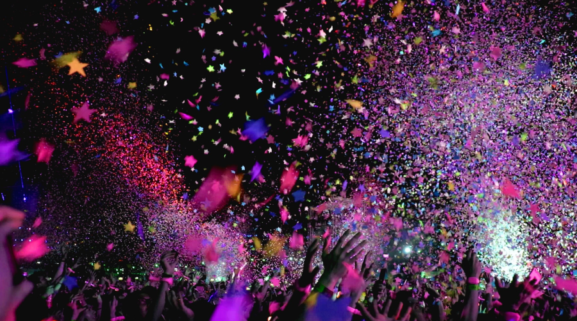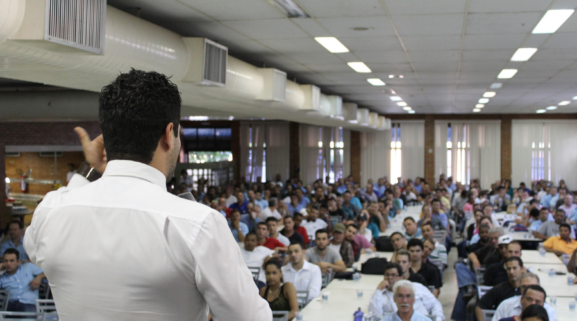From Poetry to Screen: How Manoj Muntashir Shukla is Shaping Indian Cinema
Manoj Muntashir: Poetry Meets Cinema
In the vibrant tapestry of Indian cinema, where tradition meets innovation, one name that resonates with a unique blend of poetic finesse and cinematic brilliance is Manoj Muntashir Shukla. From penning evocative poetry to crafting unforgettable dialogues for the silver screen, Shukla’s journey is a testament to the transformative power of words in shaping contemporary Indian cinema.
A Poet’s Genesis
Manoj Muntashir Shukla’s initial foray into the world of literature was marked by his deep-seated passion for poetry. Born in the quaint town of Pratapgarh, Uttar Pradesh, Shukla’s early years were immersed in the rich cultural milieu of rural India. His poetic inclinations were nurtured by his surroundings, where he absorbed the nuances of Hindi literature and folklore. Shukla’s poetry, known for its lyrical beauty and emotional depth, began to capture the attention of readers and critics alike. His debut poetry collection was celebrated for its ability to traverse the landscapes of human emotion, making him a notable figure in the world of contemporary Hindi poetry.
The Cinematic Transition
Shukla’s transition from poetry to screenwriting was marked by a seamless integration of his poetic sensibilities into the cinematic realm. His entry into Bollywood was propelled by his keen understanding of storytelling and a profound grasp of human emotions. This unique combination of skills soon established him as a sought-after lyricist and screenwriter.
His breakthrough came with the film “Tanu Weds Manu,” where his lyrical prowess was instrumental in creating some of the most memorable songs of the year. The success of this film opened doors to numerous other projects, each benefitting from Shukla’s knack for blending poetic depth with cinematic storytelling. His work in “Ek Villain” and “Batti Gul Meter Chalu” further solidified his reputation as a versatile writer capable of navigating different genres and themes with ease.
Crafting Memorable Dialogues
Shukla’s contribution to Indian cinema extends beyond lyricism to the realm of dialogue writing. His dialogues, characterized by their poetic rhythm and profound impact, have become an integral part of the films he works on. In “Satyamv Jayate,” his dialogues resonate with the audience, striking a chord with their authenticity and relevance. Shukla’s ability to encapsulate complex emotions and societal issues in a few powerful lines reflects his deep understanding of human nature and his exceptional command over language.
Impact on Contemporary Cinema
Manoj Muntashir Shukla’s influence on contemporary Indian cinema is evident in the way his work has redefined the standards of storytelling and lyricism. His writings are not just words on a page but are imbued with a sense of purpose and emotion that elevates the cinematic experience. By merging poetic depth with screenplay writing, Shukla has introduced a new dimension to Indian films, enriching them with a layer of literary sophistication that resonates with audiences across generations.
Shukla’s journey from poetry to screen is not merely a career transition but a remarkable evolution of an artist’s vision. His ability to craft dialogues that echo with poetic resonance and his knack for writing lyrics that linger long after the music has faded are testaments to his extraordinary talent. As he continues to contribute to the world of Indian cinema, Manoj Muntashir Shukla remains a guiding light for aspiring poets and screenwriters, demonstrating how the art of words can shape and transform the cinematic landscape.




